Churches, protests, and bribes: Hichilema's triple power play to secure Edgar Lungu's body- Sishuwa Sishuwa - The Zambian Observer
Churches, protests, and bribes: Hichilema’s triple power play to secure Edgar Lungu’s body
By Sishuwa Sishuwa
So committed to telling lies is President Hakainde Hichilema that he seemingly either cannot help himself or experiences a “high” when deceiving others. I know that politicians are generally perceived to be liars, but such is Hichilema’s uncontrollable urge to lie, often compulsively and without any apparent reason or benefit, that one can be forgiven for thinking that delivering lies was one of his major campaign promises in the last general election.
In countries with robust oversight institutions, the President would have already been subjected to a thorough evaluation by professional experts to determine if he has pseudologia fantastica, also known as mythomania – a condition in which individuals frequently tell lies, often for no clear reason.
The latest in the long running series of the President’s constant deviation from the truth occurred on 17 July 2025 when he told journalists that his administration is “quietly” holding negotiations with the family of late former president Edgar Lungu aimed at resolving the impasse between the two parties regarding Lungu’s burial. This is the second time in the preceding two weeks alone that Hichilema has made this claim. The first was on 9 July when he met US Ambassador to Zambia Michael Gonzales at State House. On both occasions, the President has been untruthful. I have spoken with the Lungu family, and they have confirmed that there have been no discussions whatsoever between the two parties since Hichilema’s administration initiated the court case that stopped Lungu’s burial nearly a month ago, on 24 June 2025.
Why then does the President keep telling lies on this matter? What prevents him from telling the truth even on straightforward issues where his lies can more easily be uncovered? In search of answers, I reached out to different sources in government and at State House for insights. The sources, who spoke to me on condition of anonymity and provided irrefutable evidence in support of their insights, revealed that the President, fearful that the Pretoria High Court might rule against the Zambian government because the South African law is on the side of a deceased’s family, has devised a strategy consisting of three elements aimed at preventing this outcome and securing the elusive access to his predecessor’s body.
The first element of this plan is to persuade the influential Catholic Church to release a statement urging the Lungu family to agree to a mediated settlement that would allow the former president to be buried in Zambia. While some religious and civic groups have already been pressured to make similar appeals, the Zambia Conference of Catholic Bishops (ZCCB) has not yet done so. Hichilema believes that a statement from the ZCCB would carry more weight. To achieve this goal, the President sent a four-member, high-ranking government delegation to meet with the ZCCB in Lusaka on 18 July 2025.
The presidential delegation, consisting of Minister of Defence Ambrose Lufuma, Minister of Home Affairs and Internal Security Jack Mwiimbu, Minister of Community Development and Social Services Doreen Mwamba, and Special Assistant to the President for Legal Affairs Christopher Mundia – all practising Catholics – met with three representatives of the ZCCB, namely Ignatius Chama (Archbishop of the Archdiocese of Kasama and President of ZCCB), George Lungu (Bishop of Catholic Diocese of Chipata), and Valentine Kalumba (Bishop of the Catholic Diocese of Livingstone). During the meeting, Hichilema’s representatives expressed concern that the Catholic Church had not issued a statement on the impasse between his administration and the Lungu family. Embracing the pathological lying disposition of their boss, the delegation also mentioned that negotiations between the State and the Lungu family were progressing, and the government hoped the Catholic Church would participate in the discussions.
One or two members of Hichilema’s delegation in the meeting reportedly said: “since Archbishop Alick Banda appears to be close to the Lungu family, how can we get him to intervene in this matter and help us?” To be clear, Banda is the Archbishop in charge of Lusaka Archdiocese whom the ruling party has previously called a “thief”, the “Lucifer of Zambia”, and a man with no credibility. In addition, the Catholic Church has itself been the subject of regular attacks and harassment from both State actors and ruling party officials. In response, the Bishops explained that they have stayed away from the matter because they do not have sufficient knowledge of the underlying facts and only comment on issues they fully understand.
The Bishops also expressed hope that the issue would be resolved conclusively since it is now before a competent authority – the South African High Court. Given the despicable attacks that Hichilema’s administration has repeatedly unleashed on both Archbishop Banda and the Catholic Church in general, and in the absence of any public apology or atonement for this State harassment, it was unlikely that the Bishops would be deceived. However, one cannot blame Hichilema for trying his luck.
The timing of this State-orchestrated meeting with representatives of the ZCCB was not coincidental. For much of this week, the Catholic Bishops have been meeting in Lusaka to, among other things, look at various issues affecting the membership of the church and the nation. Such meetings usually culminate in the release of a pastoral letter that is read out in parishes across the country. The sources disclosed that Hichilema’s fear is that a rebuke from the ZCCB on how his administration has handled Lungu’s funeral would be politically damaging, especially when one considers the other two elements of the strategy that the President has devised to secure access to his predecessor’s body.
In dispatching his officials to meet the Catholic Bishops, Hichilema is not only lobbying the influential religious organisation to publicly support his cause based on the false impression that negotiations with the Lungu family have reached an advanced stage; he is also seeking to pre-empt the ZCCB’s possible criticism of his failure to provide leadership on a matter that has seen him use taxpayers’ money to sue a grieving family and halt a funeral that was underway.
The second element of Hichilema’s strategy is to carefully orchestrate State-financed public protests in Lusaka, on the Copperbelt, in Eastern Province (Lungu’s home area) and in other parts of Zambia to create the false impression of widespread public outrage against the decision by the Lungu family to lay the former president to rest in South Africa. The sources revealed that Hichilema has already set this plan in motion and is closely working with Robert Chabinga, a renegade member of parliament belonging to the main opposition Patriotic Front (PF) party.
Chabinga, who is guarded by State police, is the MP that Hichilema’s administration – using the office of the Registrar of Societies which falls under Mwiimbu’s ministry – has installed as the government-recognised leader of the PF in the absence of an election. He has also been installed as Leader of the Opposition in Parliament by the Speaker of the National Assembly, Nelly Mutti, Hichilema’s former personal lawyer, though he was elected by no one. According to insiders, Hichilema had initially wanted Chabinga to join the court case in South Africa as Leader of the Opposition.
After the President received advice against the move, he and his allies then hatched the plan to organise “mass public protests” across the country by placard-carrying ruling party supporters masquerading as PF members and Zambian nationalists demanding the return of Lungu’s remains so that he could be buried at home. The objective of these demonstrations would be to manufacture evidence of popular anger against the Lungu family’s position, fabricate visible proof of “public interest” in Lungu’s funeral, and create the pretext that the government hopes it can use to persuade the South African judge to rule in its favour.
These acts of “nationalism” would not be as they would seem, however. What would appear to be spontaneous demonstrations of widespread outrage would be carefully orchestrated by Hichilema as part of his power play to wrestle Lungu from exile in death and bolster his beleaguered presidency. For Chabinga, who remains at the helm of Zambia’s main opposition party because of the complicit role of the judiciary, delivering on this presidential aspiration would cement his State-backed illegal leadership of the PF and reduce the political costs that might befall Hichilema in next year’s election should Lungu be buried abroad.
The third and final element of Hichilema’s strategy is to attempt to bribe the South African judge who is handling the legal case between the Zambian government and the Lungu family. Hichilema and his allies have resigned themselves to the possibility of losing the case. In private conversations, they admit that the law in South Africa favours the Lungu family and that if the Pretoria Court is allowed to decide the case based on the facts and law, the Zambian government is likely to lose. To avoid this almost certain outcome, Hichilema and his supporters have considered the option of bribing the judge presiding over the case.
There is no evidence yet that an approach has been made, but Chabinga, who was recently in South Africa on a State-facilitated trip, has privately expressed confidence that the judge might be amenable to bribery. “The judge needs to eat”, Chabinga was heard saying. If the planned mass demonstrations are successful, Hichilema’s proxy added, “the judge will make a ruling based on the public outcry in Zambia…to support the Attorney General”.
The renegade PF MP further conceded that there is “a possibility that the judge can rule in favour of the Lungu family because the laws of South Africa give too much power to a deceased’s family than to the government”. He however reiterated his belief that if the judge is “pressured”, aided with cooked up public protests, and made to “consider the fact that Lungu was a former president”, the judicial official can rule in favour of the Zambian government. Chabinga and his backers know that attempting to bribe, in any way, a judge of a foreign country would be a major scandal that could adversely affect diplomatic relations between Zambia and South Africa. However, they seem determined to try their luck at implementing what Chabinga, in private conversations, calls a “special operation”.
Earlier, Chabinga had complained to his associates that he had been woken up by Hichilema at an ungodly hour to undertake, at short notice, the trip to Johannesburg but felt the need to sacrifice for the man he calls “ba boss”. After briefing him about Hichilema’s agenda for the “special operation”, State actors had originally hoped to book Chabinga a seat on the first flight out of Lusaka, but he ended up traveling on a 10am Airlink flight. This followed a discovery that there were many prominent PF members on the earlier flight also traveling to South Africa. Ironically, even on the 10am flight, Hichilema’s representative met several PF prominent figures such as Chanda Katotobwe, Nakiwe Simpungwe, and Christopher Shakafuswa who all greeted him and to whom he lied that he was traveling to Cape Town.
It is important to clarify that the confidence of Hichilema’s team that the affected judge might be open to bribery does not come from any personal knowledge of the justice handling the legal case. Rather, and as one of the sources stated, it stems from the knowledge that they have done similar things with some Zambian judges, particularly on matters involving the resolution of PF leadership wrangles, and got away with it. In private, Chabinga, for instance, acknowledges that a questionable judgement by the Pretoria High Court in favour of the Zambian government is likely to be reversed on appeal by a superior court. Nevertheless, the President’s proxy is optimistic that the Lungu family will become fatigued by the time the verdict is delivered and ultimately consent to the return of the former president’s body to Zambia rather than pursuing an appeal in the event of a dubious loss.
The unfolding saga surrounding the burial of former president Lungu reveals more than a mere dispute over a final resting place. It exposes the depths to which political ambition can drive deception, manipulation, and ethical compromise. President Hichilema’s persistent falsehoods about negotiations, the planned orchestration of State-sponsored protests, and the alarming prospect of judicial bribery involving a foreign judge paint a troubling picture of governance undermined by desperation and duplicity. This strategy not only disrespects a grieving family but also erodes public trust in the institutions meant to uphold justice and truth.
What began as a matter of state dignity and national closure has morphed into a volatile mix of political manoeuvring, public mobilisation, and devious ecclesiastical diplomacy. President Hichilema’s reported three-pronged strategy — courting the Catholic Church, rallying public protests, and attempting to sway a foreign court — suggests that the battle over Lungu’s body is about far more than burial rights. It is a symbolic struggle for control over Zambia’s political memory and moral authority. Whether these efforts succeed or backfire, they highlight a deeper crisis: the lingering divisions of Zambia’s political landscape and the extent to which historical rivals still cast long shadows over the present. In life and now in death, Lungu continues to provoke conflict, and President Hichilema appears determined to ensure that even in the afterlife, the final word belongs not to the Lungu family but to Hichilema himself.
In a country that is yearning for transparency and integrity, such actions as the ones initiated by Hichilema highlight the urgent need for accountability at the highest levels of leadership. The true cost of this political theatre extends beyond the burial dispute; it threatens the moral fabric of Zambia itself. As citizens, observers, and custodians of democracy, we must demand honesty, respect for due process, and, above all, compassion in honouring – both in life and in death – those who have served the nation.
No amount of spin or scheming can bury the truth forever. The nation watches and waits.
Source: https://x.com/ssishuwa/status/1946461026268094726
#zambianwhistleblower #ZWB
You may also like...
The Names We Carry: Why Africa’s Many-Name Tradition Shouldn’t Be Left Behind
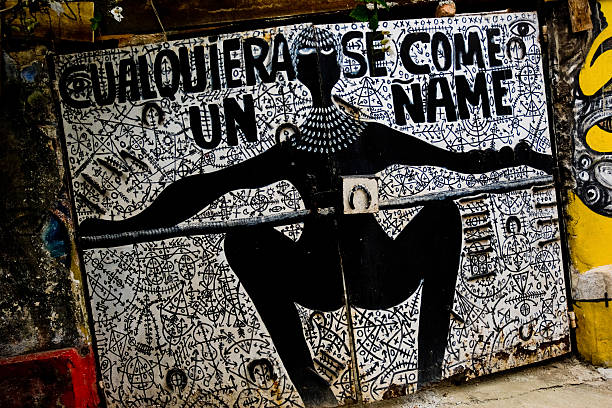
"In many African communities, a child's birth is marked with a cascade of names that serve as fingerprints of identity, ...
WHY CULTURAL APPROPRIATION ISN’T ALWAYS OFFENSIVE
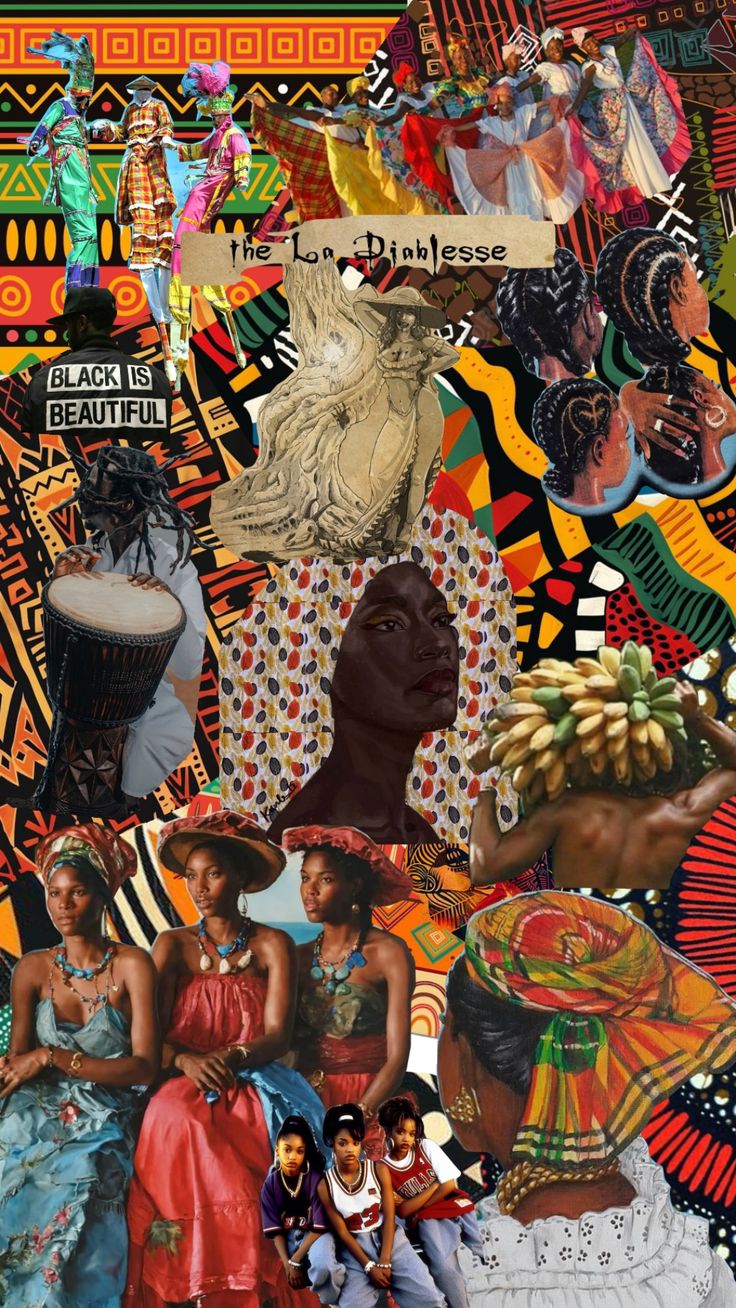
In a world of global fusion, is every act of cultural borrowing theft—or can it be respect? This thought-provoking essay...
Africa’s Health Revolution: How a New Generation is Redefining Global Wellness from the Ground Up

Move beyond the headlines of health challenges. Discover how African youth and innovators are using technology, traditio...
Kwame Nkrumah: The Visionary Who Dreamed of a United Africa
(13).jpeg)
Discover the powerful legacy of Kwame Nkrumah, Ghana’s first president and a pioneer of Pan-Africanism, whose vision for...
Meet the Theremin: The Weirdest Instrument You’ve Never Heard Of

From sci-fi movies to African studios? Meet the theremin—a touchless, ghostly instrument that’s making its way into Afri...
Who Told You Afro Hair Isn’t Formal?
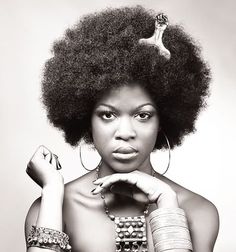
Afro hair is still widely seen as unprofessional or “unfinished” in African society. But who decided that coils, kinks, ...
1986 Cameroonian Disaster : The Deadly Cloud that Killed Thousands Overnight
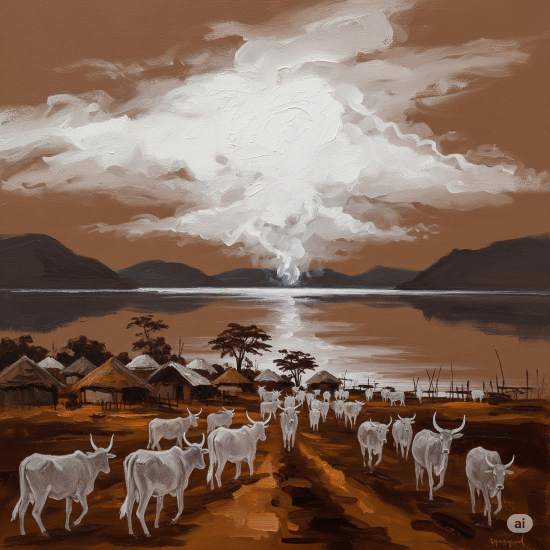
Like a thief in the night, a silent cloud rose from Lake Nyos in Cameroon, and stole nearly two thousand souls without a...
How a New Generation is Redefining Global Wellness from the Ground Up
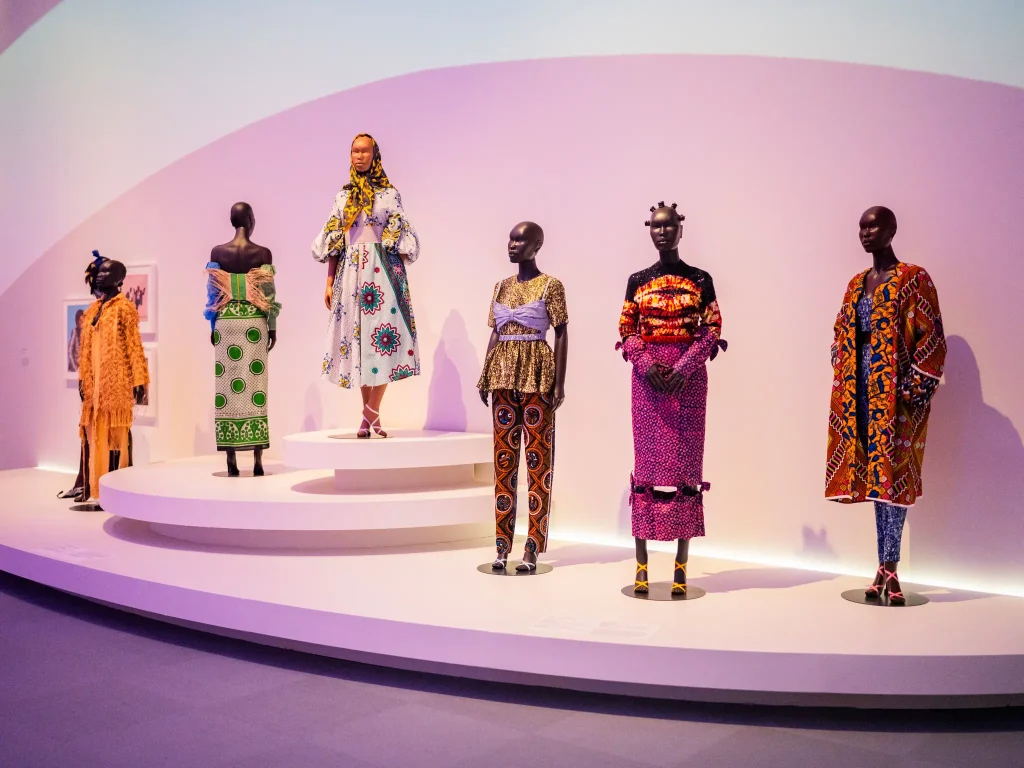
Forget fast fashion. Discover how African designers are leading a global revolution, using traditional textiles & innov...
